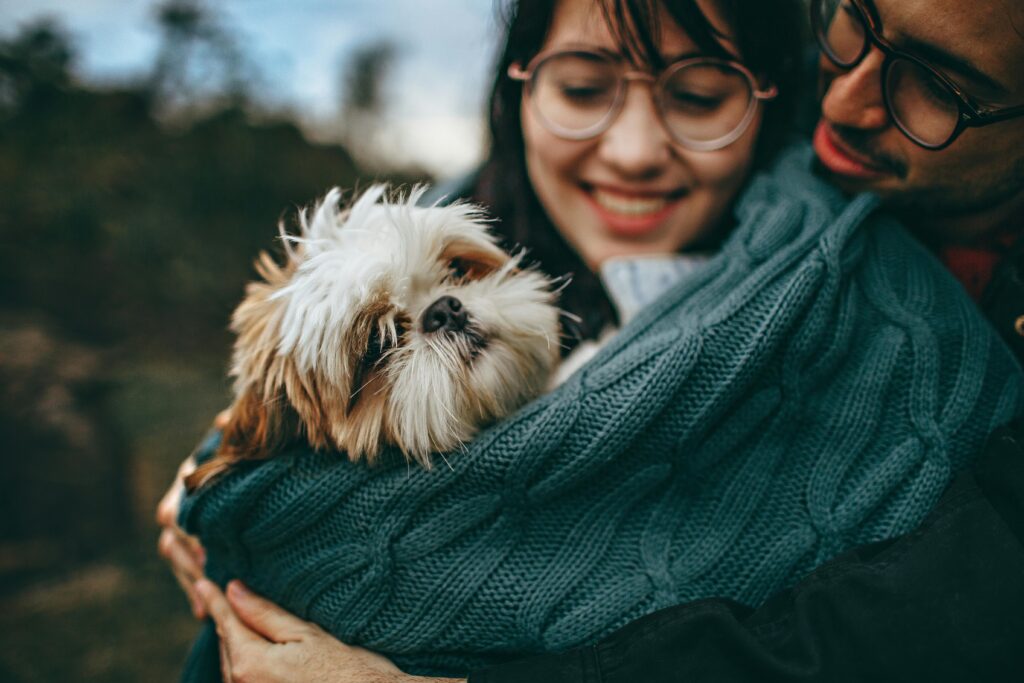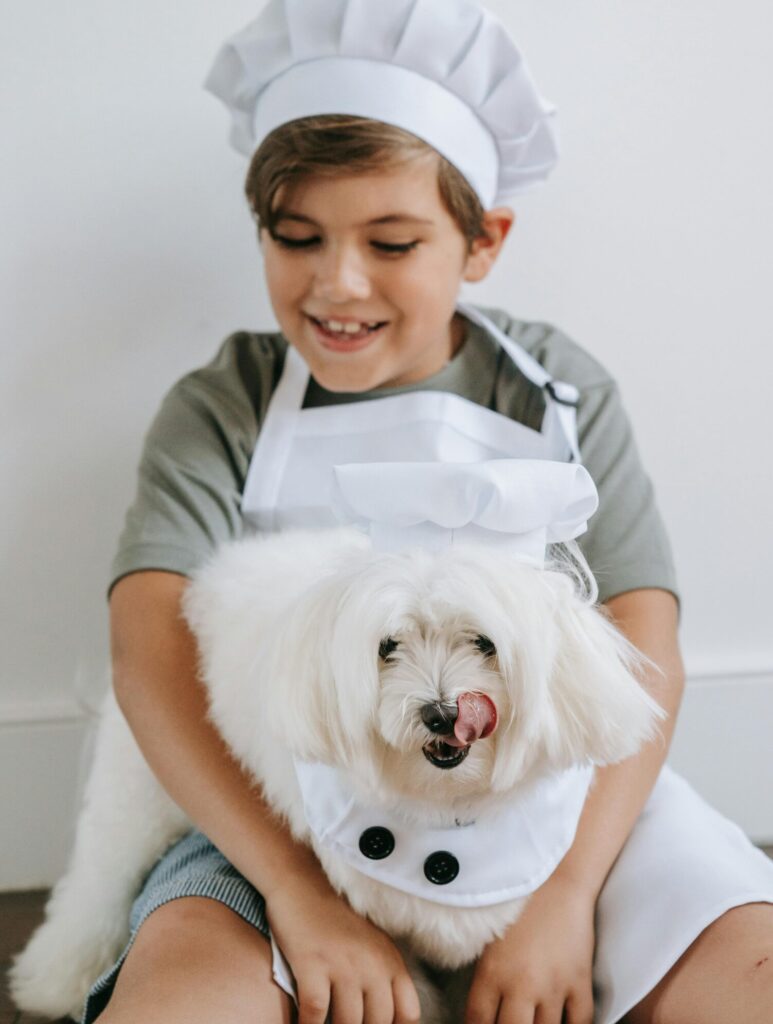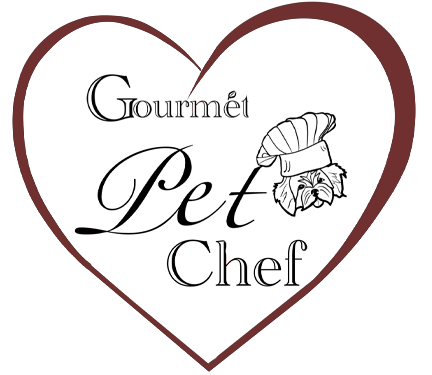Protect your small breed companion with these expert safety strategies while reinforcing positive training techniques that enhance their well-being.

Why Small Dogs Need Special Safety Considerations
Small breed dogs bring enormous joy in compact packages, but their diminutive size creates unique safety challenges. At Gourmet Pet Chef, we understand that proper nutrition forms the foundation of your pet’s health—but even the best-fed small dog needs protection from environmental hazards and behavioral guidance through effective training.
Small breeds like Chihuahuas, Yorkies, and Maltese typically weigh under 20 pounds, making them more vulnerable to injuries, temperature extremes, and predators than their larger counterparts. Their size, combined with their often fearless personalities, creates a perfect storm of potential safety concerns that responsible pet parents must address.
Home Safety Essentials for Small Dogs
Creating a safe home environment is your first line of defense in protecting your small companion. Consider these critical modifications to your living space:
1. Secure Potential Fall Hazards
Small dogs can sustain serious injuries from falls that larger breeds might walk away from unscathed.
Safety Solutions:
- Install pet stairs or ramps for access to furniture and beds
- Use baby gates to block stairways when you can’t supervise
- Consider furniture with lower heights that won’t pose dangerous drops
- Remove unstable items your dog might climb on
Many small dog injuries occur when these energetic companions leap from heights without understanding the consequences. Training your dog to wait for assistance or providing safe access points can prevent painful and costly injuries.
2. Mind the Gaps
Small dogs can squeeze through surprisingly tight spaces, potentially escaping yards or getting trapped in dangerous areas.
Safety Solutions:
- Inspect fencing for gaps larger than 2 inches
- Cover or block spaces under decks and porches
- Secure spaces behind appliances and furniture
- Check window screens for tears or loose corners
One Gourmet Pet Chef customer shared that their Yorkie escaped through a 3-inch gap in their fence—a space they never imagined their dog could fit through. Regular “dog’s eye view” inspections of your home can reveal surprising vulnerabilities.
3. Protect Against Larger Animals
Small dogs can be viewed as prey by larger dogs and wildlife, requiring extra vigilance during outdoor activities.
Safety Solutions:
- Never leave your small dog unattended outdoors
- Use a secure harness rather than just a collar for walks
- Consider a covered dog run for added protection
- Be especially cautious in areas frequented by hawks, owls, or coyotes
- Monitor closely at dog parks, separating by size when possible
The proper nutrition in Gourmet Pet Chef’s Small Dog & Puppy Food helps maintain alertness and energy that can aid in self-preservation, but physical protection from predators remains your responsibility.
Training Tips That Enhance Safety
Proper training isn’t just about good manners—it’s a crucial safety tool for small breed dogs. These training practices address common small dog challenges while building confidence:
4. Master the Essential Recall Command
A reliable recall command can save your dog’s life in dangerous situations.
Training Technique:
- Begin training in a distraction-free environment
- Use high-value treats (small pieces of cooked chicken work wonderfully)
- Start with short distances and gradually increase
- Use a consistent, distinctive command word or whistle
- Practice daily in different environments
- Never punish your dog when they come to you, even if it took longer than desired
Small dogs often develop selective hearing, particularly in stimulating environments. Consistent practice with proper reinforcement creates a mental pathway that overrides distractions when it matters most.
5. Address “Small Dog Syndrome” Through Socialization
Many small dogs develop fear-based aggression due to feeling vulnerable around larger dogs and unfamiliar humans.
Training Technique:
- Expose your dog to various people, dogs, and environments from an early age
- Use positive reinforcement for calm behavior
- Never force interactions—allow your dog to approach at their comfort level
- Avoid carrying your dog constantly during socialization opportunities
- Consider supervised small dog socialization groups
Proper socialization builds confidence that reduces reactive behaviors like excessive barking, lunging, or nipping—behaviors that can escalate into dangerous situations with larger dogs or cause falls and injuries.
Nutrition’s Role in Safety and Training Success
While physical safety measures and proper training form the cornerstones of small dog protection, nutrition plays a vital supporting role. Gourmet Pet Chef’s Small Dog & Puppy Food addresses several key nutritional factors that enhance safety:
- Balanced Energy Levels: Our kibble provides sustained energy without the spikes and crashes that can lead to hyperactivity or lethargy—both of which can compromise safety.
- Cognitive Support: Ingredients like fish oil, organic mushrooms, and antioxidant-rich berries support brain health and cognitive function, potentially improving training retention and situational awareness.
- Proper Size: Our small kibble size reduces choking hazards while providing the dental benefits of chewing.
One customer reported that switching to our nutrient-dense formula notably improved their Pomeranian’s focus during training sessions, allowing them to master crucial safety commands more quickly.
Creating a Safe Travel Routine
Many small dog owners enjoy traveling with their compact companions, but safe travel requires special considerations:
- Secure Containment: Always use a crash-tested carrier or car harness
- Temperature Monitoring: Never leave small dogs in cars, as they’re particularly vulnerable to temperature extremes
- Identification: Ensure proper ID tags and consider microchipping
- Familiar Items: Bring their Gourmet Pet Chef food and familiar bedding to reduce stress
Maintaining your dog’s regular feeding schedule with their Gourmet Pet Chef meals helps prevent digestive upset during travel, allowing them to remain alert and responsive to safety commands.
Seasonal Safety Considerations
Each season brings unique challenges for small dog safety:
Winter Hazards:
- Hypothermia risk increases due to closer proximity to cold ground
- Ice-melting chemicals can burn sensitive paws
- Snow can create disorienting scent conditions
Summer Concerns:
- Heat stress occurs more rapidly in small bodies
- Hot pavement can cause serious paw burns within seconds
- Dehydration happens quickly in small dogs
Proper nutrition supports temperature regulation and immune function during seasonal transitions. Our Chef Prepared & Kibbles provides the caloric density small dogs need during colder months without unnecessary fillers.
The Protection of Prevention
The most effective safety strategy is prevention through awareness, preparation, and consistent training reinforced by optimal nutrition. By implementing these safety measures and training techniques while feeding your small dog Gourmet Pet Chef’s specially formulated food, you’re creating a comprehensive protection system that addresses their unique needs.
Ready to support your training efforts with nutrition specifically designed for small breeds? Explore our Small Dog & Puppy Food and give your companion the foundation they need for a safe, healthy life.
 Skip to content
Skip to content


